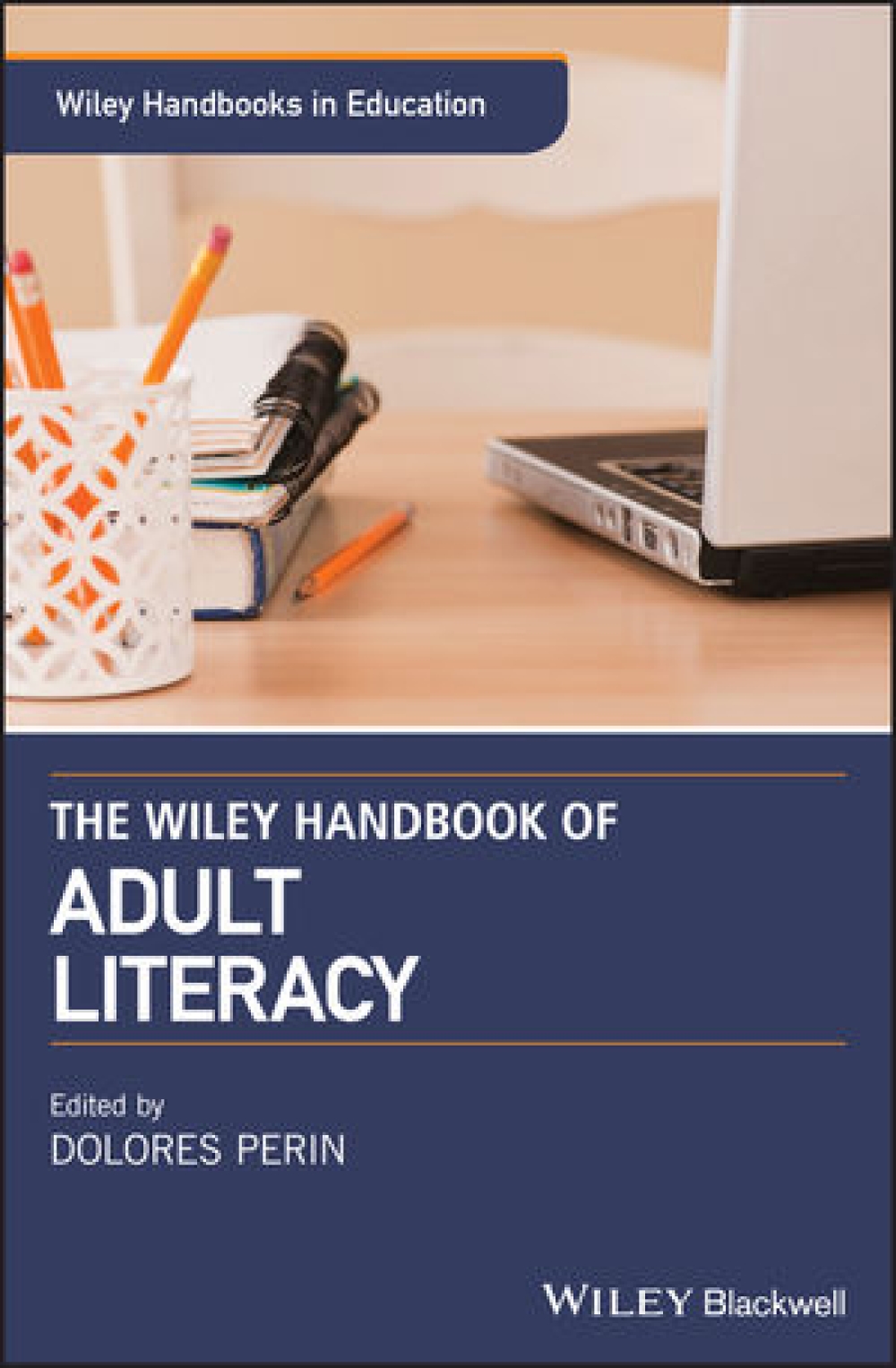
This handbook, edited by Dolores Perin, presents a wide range of research on adults who have low literacy skills. It looks at the cognitive, affective, and motivational factors underlying adult literacy; adult literacy in different countries; and the educational approaches being taken to help improve adults’ literacy skills. It includes not only adults enrolled in adult literacy programs, but postsecondary students with low literacy skills, some of whom have reading disabilities.
The first section covers issues such as phonological abilities in adults who have not yet learned to read; gender differences in the reading motivation of adults with low literacy skills; literacy skills, academic self-efficacy, and participation in prison education; and more. Chapters on adult literacy, social change and sociocultural factors in South Asia and in Ghana; literacy, numeracy, and self-rated health among U.S. adults; adult literacy programs in Southeastern Europe and Turkey, and a review of family and workplace literacy programs are among the topics featured in the second section. The last part examines how to teach reading and writing to adults with low skills; adults’ transition from secondary to postsecondary education; implications for policy, research, and practice in the adult education field; educational technologies that support reading comprehension; and more.
The book includes a chapter by CCRC’s Maria Cormier and Susan Bickerstaff titled “Research on Developmental Education Instruction for Adult Literacy Learners.”
